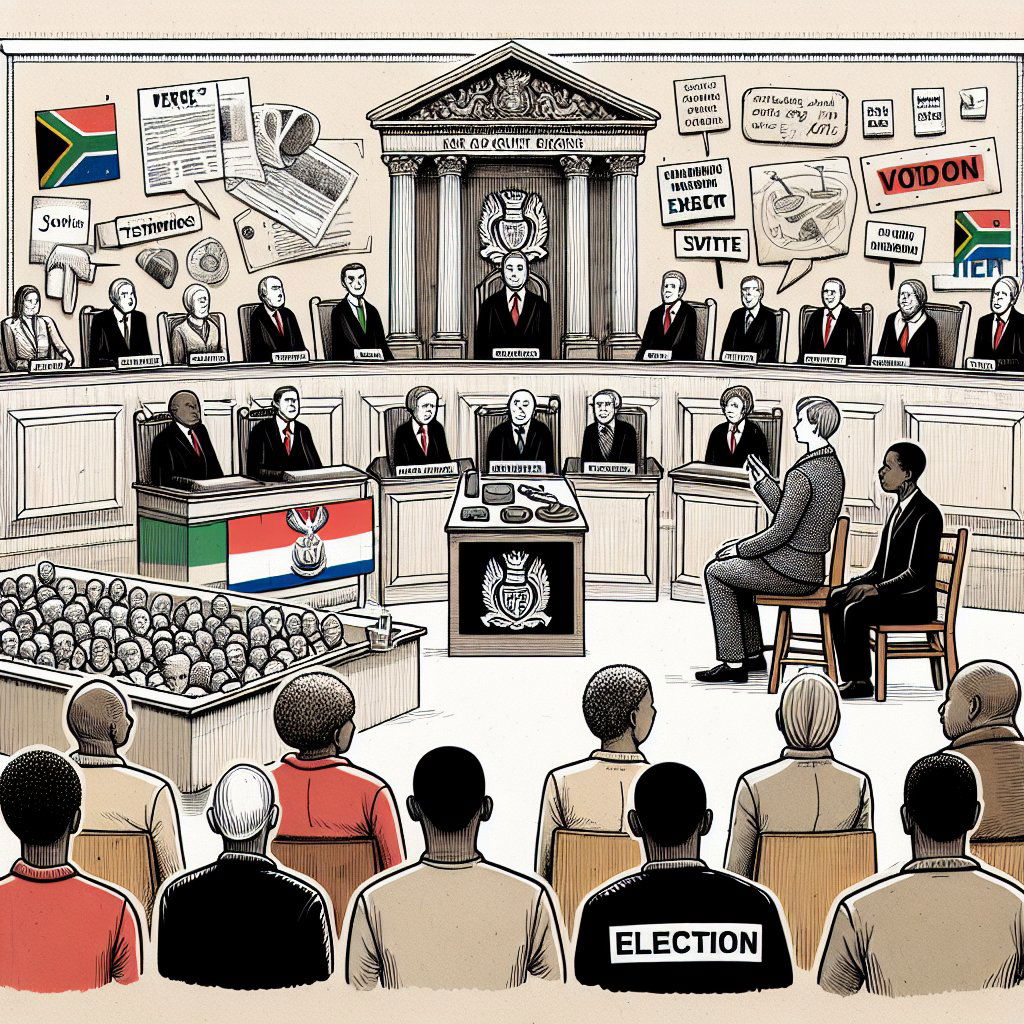Image: AI generated for illustration purposes
ANC to ChallengE SCA Ruling on R100m Debt, Takes Matter to Constitutional Court
The African National Congress (ANC), South Africa's ruling party, is facing a financial and legal challenge that has significant implications for its future. In a recent development, the party has decided to take its case to the Constitutional Court after the Supreme Court of Appeal (SCA) confirmed a Gauteng High Court decision holding the ANC liable for a staggering R100 million debt to Ezulweni, a KwaZulu-Natal-based marketing firm.
This liability stems from a disputed contract for the provision and installation of election banners. The conflict has been in the limelight following a series of court decisions that have gone against the ANC. The SCA's reinforcement of the High Court's judgment has added to the ANC's woes, prompting them to seek a higher opinion from the apex court in South African jurisprudence—the Constitutional Court.
The issue began with Ezulweni's claim that it entered into a formal agreement with the ANC, which was substantiated in lower courts. The evidence presented included communications, such as text messages and testimonies about meetings with top ANC officials, that indicated a contractual relationship existed. Renash Ramdas, the owner of Ezulweni and a self-proclaimed lifelong ANC supporter, stated that he had met with then ANC treasurer-general Paul Mashatile, and others at a hotel in Ekurhuleni in February 2019 to discuss the banners' deal.
The twist in the tale comes with the ANC's rebuttal of any formal agreement with Ezulweni, labeling the company's claims as baseless. Despite this claim, the court ruled in favor of Ezulweni, first allowing the company to seize assets worth R102 million from the ANC in 2020, when the party did not comply with the payment demands. The SCA's recent decision rejecting the ANC's appeal and ordering the party to cover the legal costs further cements Ezulweni's victory in this legal tussle.
However, the ANC is not yielding and insists on questioning the SCA's judgment, which it deems flawed. The party suggests the presence of new evidence that could potentially alter the outcome of the litigation, putting the spotlight on the Constitutional Court's forthcoming involvement in the matter. They posit that the apex court will not only reconsider but overturn the SCA's ruling.
Amidst this dispute is the ANC's financial stability. The party has already been grappling with financial difficulties, and this significant debt adds another layer of complexity to its ongoing struggles. Paying over R100 million would represent a severe financial blow—a matter of public and political interest that ripples through the fabric of governance in South Africa.
This case brings to the fore issues surrounding contract administration and liability, especially when linked to political organizations like the ANC. Depending on the outcome, the Constitutional Court's decision could spark broader discussions about the accountability of political parties in their contractual engagements and the financial repercussions that may follow.
As this story develops, all eyes are set on the Constitutional Court, waiting to see if the ANC's appeal will indeed introduce new pivotal evidence capable of shifting the scales in this drawn-out legal battle.










